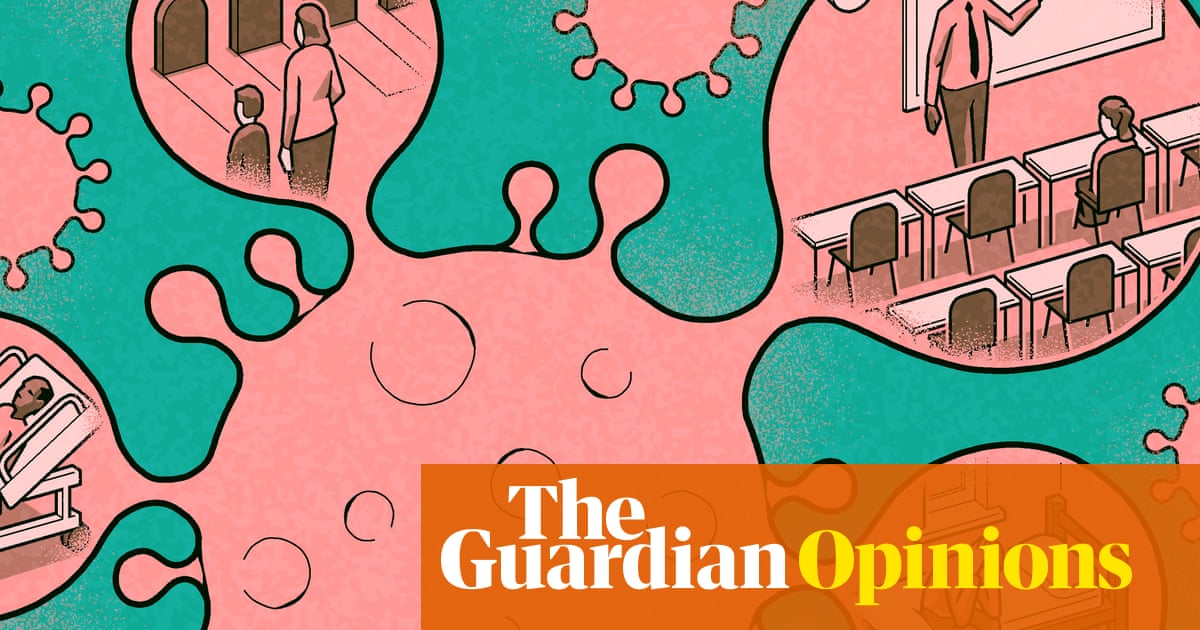
s the coronavirus crisis consumes politicians every waking hour, another crisis is facing many of our small coastal and rural communities, from the Highlands and Islands of Scotland to the delightful fishing villages of Cornwall and everywhere in between. Communities are being hollowed out as second homes and Airbnb suffocate our communities.
In mid-August I visited beautiful Aberdyfi in southern Snowdonia to carry out some casework. The sky was blue, and the sun shone brightly. Jet skis were rushing across the seafront, and all manner of expensive cars were being driven blissfully along the main road.
One of my cases was David (not his real name), a middle-aged man born and bred in this serene seaside village. His complaint? He was homeless and living in a B&B in a nearby town. As we discussed his case, we looked around at the beautiful Victorian houses, 80% of which were second homes or holiday lets.
Last year the average price for a house in Aberdyfi was nearing £400k. It was the same in Abersoch on the Llyn peninsula. Both communities are in the Dwyfor Meirionnydd constituency, in the county of Gwynedd in north-west Wales. This is a picturesque region of mountains, lakes and surf where Welsh continues to be the main language of conversation and where the median wage is a little over £16k, including full- and part-time wages – among the lowest in the UK.
During the UK-wide lockdown, tempers frayed as holiday home owners looked to escape the claustrophobia of the cities and live, albeit temporarily, in their second homes, increasing the population and thus the pressure on the already fragile health service.
Since the end of the statewide lockdown house sales have skyrocketed in Wales, with houses selling in a matter of hours in some hotspots. House prices are rising faster here than much of the rest of the UK, as well-to-do people look to buy rural properties to escape the city, fearing a second lockdown.
This is coupled with the continued rise of short-term holiday let platforms such as Vrbo and Airbnb, which has caused so much havoc in communities across the world. Paris, Barcelona, Berlin, London and other popular destinations have banned or limited short-term lets, because of the damage they cause to the fabric of those communities, and the fact that they push rents up while at the same time pushing local people out. So far, no action has been taken by the Welsh government.
But holiday letting platforms are proving to be a disaster for many of our communities here, especially in the Welsh-speaking heartlands.
According to AirDNA there were 2,000 Airbnb or Vrbo lets in Gwynedd in January 2019. This doubled to around 4,000 by January 2020. That’s more than 7% of the housing stock. Compare this with Greater Manchester, with a little over 3,200 active lets, or 1,811 in the Cotswolds.
The problem with these platforms is that they take houses out of the housing stock for local people, while at the same time pushing up rental prices. Of the houses listed on those platforms, a third of them are two-bedroom houses, houses that first-time buyers would normally buy. Sadly, house prices are shooting up in large part because of the demand from people looking for second homes or to invest in short-term holiday lettings.
Last week the Welsh government released its annual Land Transaction Tax statistics (stamp duty has been scrapped here in favour of a tax based on the value of the land). Of the houses sold in the Dwyfor Meirionnydd constituency in 2019 a whopping 45% were listed as “higher rates residential” units. Higher rates residential covers a number of house sales, but in the context of Dwyfor Meirionnydd it means the vast majority were second homes. That’s simply not sustainable.
It’s a crisis.
Switzerland has limited the number of holiday homes to 20% in some communities, while in Bolzano, in northern Italy, a ban has been placed on people from outside the area buying holiday homes.
Canada, Israel, Aotearoa (New Zealand), Denmark, Austria, Guernsey and many others have introduced laws to get to grips with the problem. While state and regional governments across the globe have recognised this crisis and taken decisive action, so far neither the Welsh nor the UK governments has shown any interest in tackling the problem.
Our communities are being hollowed out because of a failure in the market.
This public health crisis has taught us many things: not least that intervening in the jobs market is absolutely essential if we are to look after the wellbeing of our people. The same is true with the housing market. Government must act to make it work in our communities’ favour. Yes, our charming chocolate-box villages have quaint architecture and stunning scenery of mountains and cost, but it’s people who make communities, and people need homes, not empty houses.
• Mabon ap Gwynfor is a Plaid Cymru councillor for Denbighshire and the party’s Senedd candidate for Dwyfor Meirionnydd












